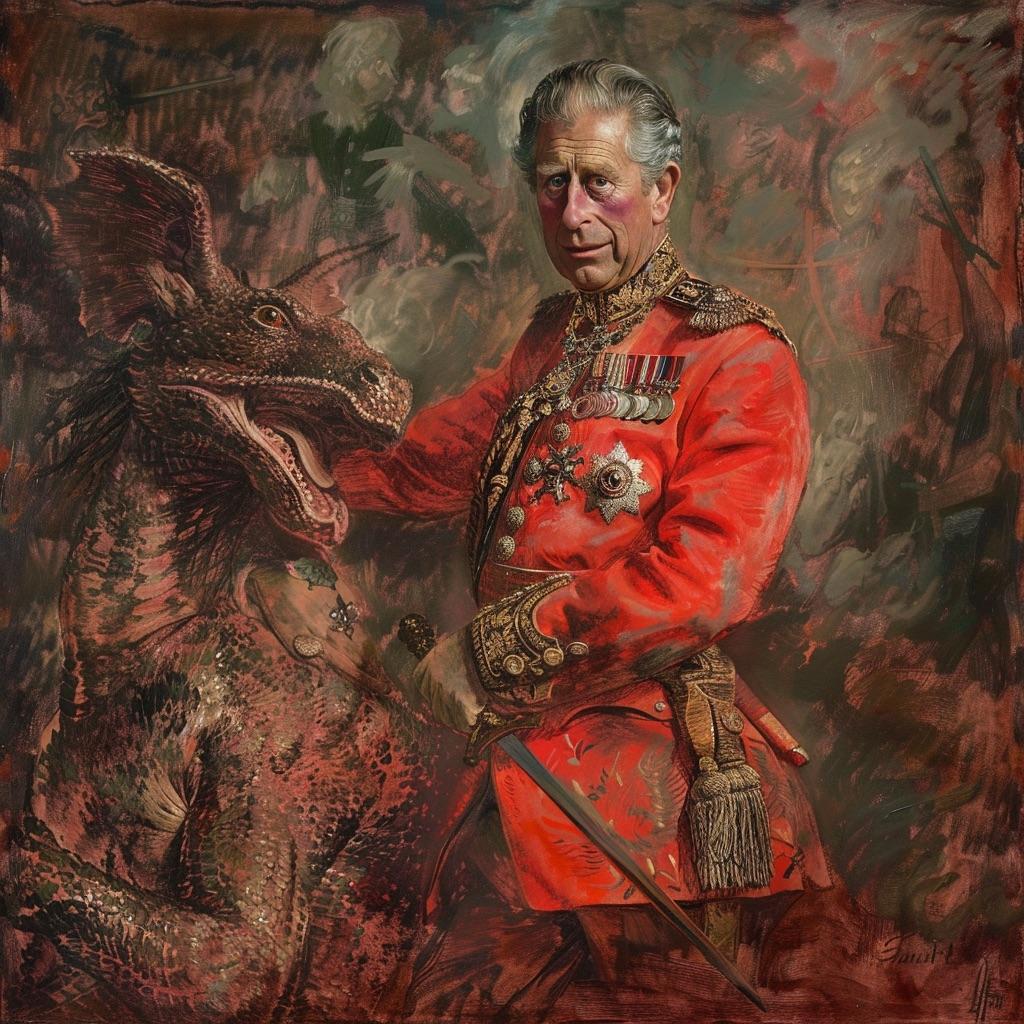Unveiling a Controversial Letter
A letter from 1998 reveals King Charles III’s strong criticism of the Church of England. In this correspondence, he accused the Church of being “corrupted by loathsome political correctness.” At that time, he was still the Prince of Wales. This letter shows his growing discontent with the Church’s direction. He also expressed admiration for the Greek Orthodox Church, which he felt maintained “timeless traditions.”
A Personal Reflection on Tradition
In his letter, King Charles stated a clear preference for the Greek Orthodox Church. He noted that this branch of Christianity had not succumbed to political correctness. This revelation provides insight into his spiritual inclinations, rooted in his family’s Greek Orthodox heritage. His late father, Prince Philip, had strong ties to this faith. Such influences likely shaped Charles’s perspective. The emphasis on traditional sacrament and scripture aligns with his values. This stands in stark contrast to his views on the Church of England.

Criticism of the Church’s Direction
Criticism has mounted against the Church of England over the past two decades. Observers argue that it often prioritizes political correctness over essential Christian doctrines. This situation raises questions about the Church’s ability to maintain its core values amid societal changes. As the head of the Church of England, King Charles faces this challenge. His remarks reflect significant concerns about balancing modern values with preserving fundamental beliefs.
The Context of the Letter
The letter, addressed to Royal interior decorator Dudley Poplak, surfaced during an auction. It sold for £1,700 at Lay’s Auctioneers in Penzance, Cornwall. A spokesperson for the auction house noted the letter’s significance. They remarked, “It’s an intriguing letter. Royals aren’t supposed to make political remarks in public, but these were private.” This context highlights the often unfiltered opinions expressed by royals in their personal correspondence.
Broader Implications
The revelation of this letter sparks broader discussions about the monarchy’s role in contemporary society. King Charles’s views reflect an ongoing debate about tradition versus modernity within religious institutions. His disapproval of genetically modified crops, mentioned in the same letter, underscores his commitment to environmental and ethical issues. Recently, he allocated part of his Sandringham Estate to Environment Bank, a corporate entity focused on landscape rehabilitation. This move aligns with his commitment to sustainable practices and demonstrates his desire to lead by example.
King Charles III’s candid criticism of the Church of England reveals his values and beliefs. His preference for the Greek Orthodox Church showcases his deep-rooted connections to tradition. As he navigates his role as monarch, his reflections on political correctness and environmental stewardship highlight the challenges of leading a modern institution steeped in history.
Our Visitor






 Users Today : 47
Users Today : 47



